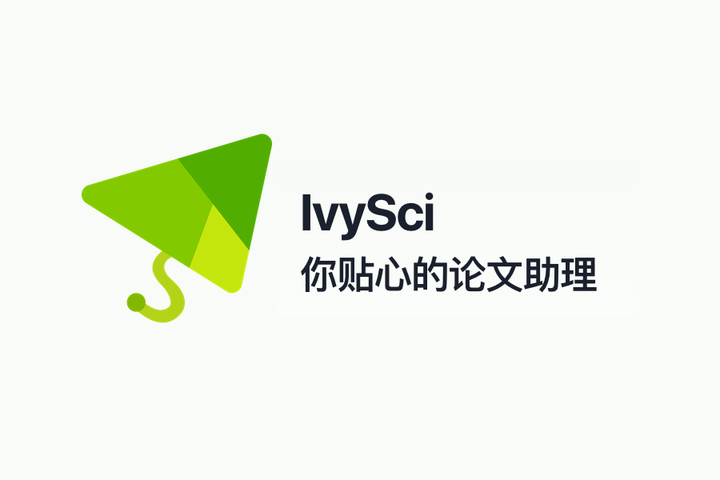The Importance of Environmental, Social, and Governance (ESG) Principles in Public Works and Housing Infrastructure
DOI:
https://doi.org/10.35166/jipm.6.1.15-31Keywords:
ESG principles, Public Works and Housing infrastructure, PPP projects, sustainable infrastructure financingAbstract
Public Works and Housing (PWH) infrastructure including water sector, transportation, housing, energy, and telecommunications, is the bedrock of societal progress. However, it also carries substantial environmental responsibilities, contributing approximately 79% of global greenhouse gas emissions, according to UNOPS. The integration of ESG principles provides a framework to mitigate these environmental impacts and promote sustainable development. Beyond environmental considerations, this study delves into the social and governance dimensions of ESG, emphasizing their significance in PWH infrastructure projects. Methodologically, this research employs a conceptual study approach, encompassing a comprehensive literature review and thematic analysis. The literature review draws from reliable sources, including scientific journals, research papers, books, and reputable publications, to explore the multifaceted aspects of ESG in PWH infrastructure. This analysis is structured around four core themes: (1) Sustainable Infrastructure Development, (2) Quality Infrastructure Investment and ESG Investing, (3) Success Story of the Implementation of ESG Principles into PPP Infrastructure Project, and (4) ESG Principles Implementation for Infrastructure Project in Indonesia. In conclusion, the adoption of ESG principles in PWH infrastructure projects is essential enhancing project sustainability and increasing access to funding. In term of enhancing project sustainability, ESG principles may reduce project risk and also its negative impact. On the other hand, it also increases access to funding such as the case with the Solar PPP Project in Uzbekistan and Cambodia which gains further financing from MDB and foreign loan. Since it is still in its early development stage in Indonesia, there is many strategies to be explored to further accelerate the implementation of ESG principle especially for PPP projects.
Downloads
Published
Issue
Section
License
Copyright (c) 2023 Journal of Infrastructure Policy and Management (JIPM)

This work is licensed under a Creative Commons Attribution-ShareAlike 4.0 International License.















